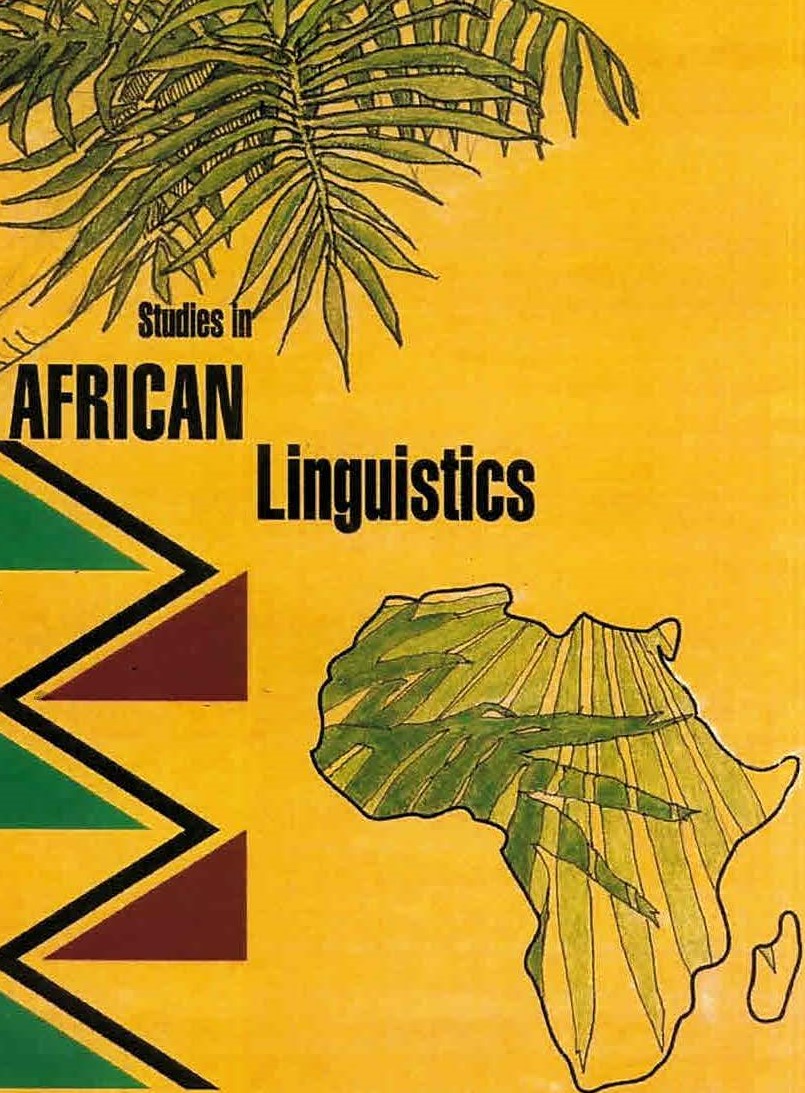Deverbal nominalization in Runyankore
DOI:
https://doi.org/10.32473/sal.51.2.129396Palavras-chave:
Nominalization, agentives, instrumentals, causatives, locatives, passives, noun-verb clineResumo
In this paper I examine eleven different processes of deverbal nominalization in Runyankore, a Lacustrine Bantu language spoken in Uganda. After establishing both general and Runyankore-specific properties that distinguish nouns from verbs, I test each of these nominalizations against 13 phonological, morphological, and syntactic criteria. Although all eleven nominalization constructions can take the determiner-like initial vowel “augment”, and all can be derived from verb bases that include derivational suffixes (“extensions”), e.g. causative, applicative, and reciprocal, only some of the nominalizations allow a pronominal object prefix or a following noun phrase object or adverbial. The various properties are tabulated to show that the different nominalizations vary along a cline, meeting all, some, or none of the nine most discriminating criteria in defining “noun” vs. “verb”.
Downloads
Publicado
Edição
Seção
Licença
Copyright (c) 2023 Larry Hyman

Este trabalho está licenciado sob uma licença Creative Commons Attribution-NonCommercial 4.0 International License.


